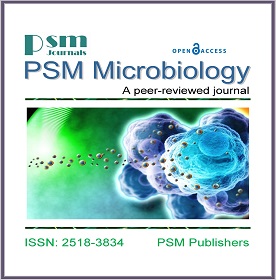Assessment of Solid Waste Management and Sustainability Practices in District Swat, Pakistan
Keywords:
Solid Waste Management, Sustainability Practices, Field Studies, Kabare Shops, Mingora City, Tehsil Kabal, Swat.Abstract
Humans use earth resources for their benefit and later dump the waste into the earth as solid waste, wastewater, and air emissions. Without an effective management program, these wastes can have detrimental impacts on the environment. This paper aims to assess the solid waste management and sustainability practices followed at the Mingora city and Tehsil Kabal in district Swat of Khyber Pakhtunkhwa (KPK), Pakistan. District Swat is dominated by narrow valleys and mountainous terrain, which is a part of the Himalayan Mountains. The research involved the collection of background information through various journals, books, and newspapers, followed by interviews with residents of the city using a questionnaire survey for data collection. Field studies were conducted with a sample size of 90 from households and 60 samples from Kabare shops to derive information on various SWM-related problems and prospects for improvising the system. During the process of questionnaire development information was collected about the number of residents, businesses, waste collection areas, disposal site, and TMA responsible areas. It was observed that wastes from different sources have influenced the whole of the study area through accommodation developments, solid waste dumping including plastic and sewerage. Residents and especially riverside businesses of Mingora and Tehsil Kabal disseminate solid waste along the river. Results showed that 55% of the respondents strongly agree about the environmental impacts of solid waste. The majority of people (79%) wanted to recycle resources for environmental benefits. The existing solid waste management system in the city appears to be highly inefficient as the local public was not satisfied by government departments for SWM. The proper management of wastes is essential for building sustainable and liveable cities.
Downloads
Downloads
Published
How to Cite
Issue
Section
License
Copyright (c) 2021 PSM

This work is licensed under a Creative Commons Attribution-NonCommercial 4.0 International License.




